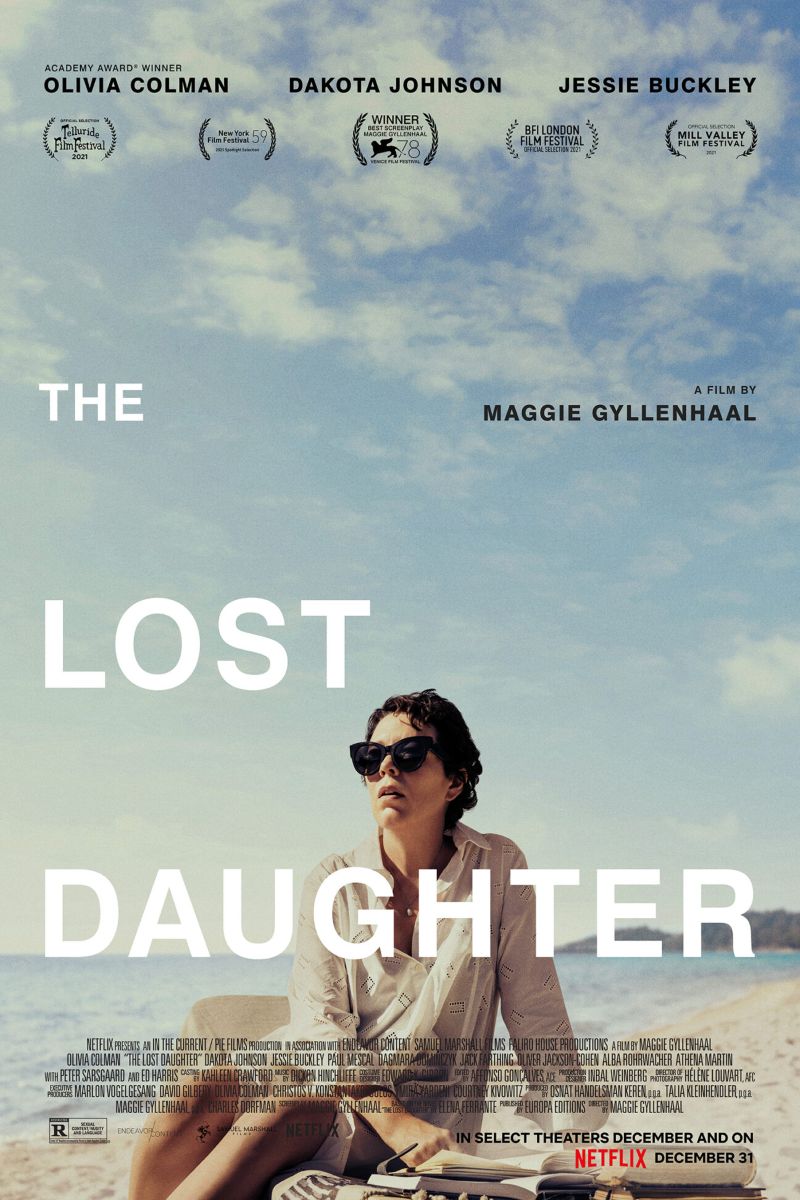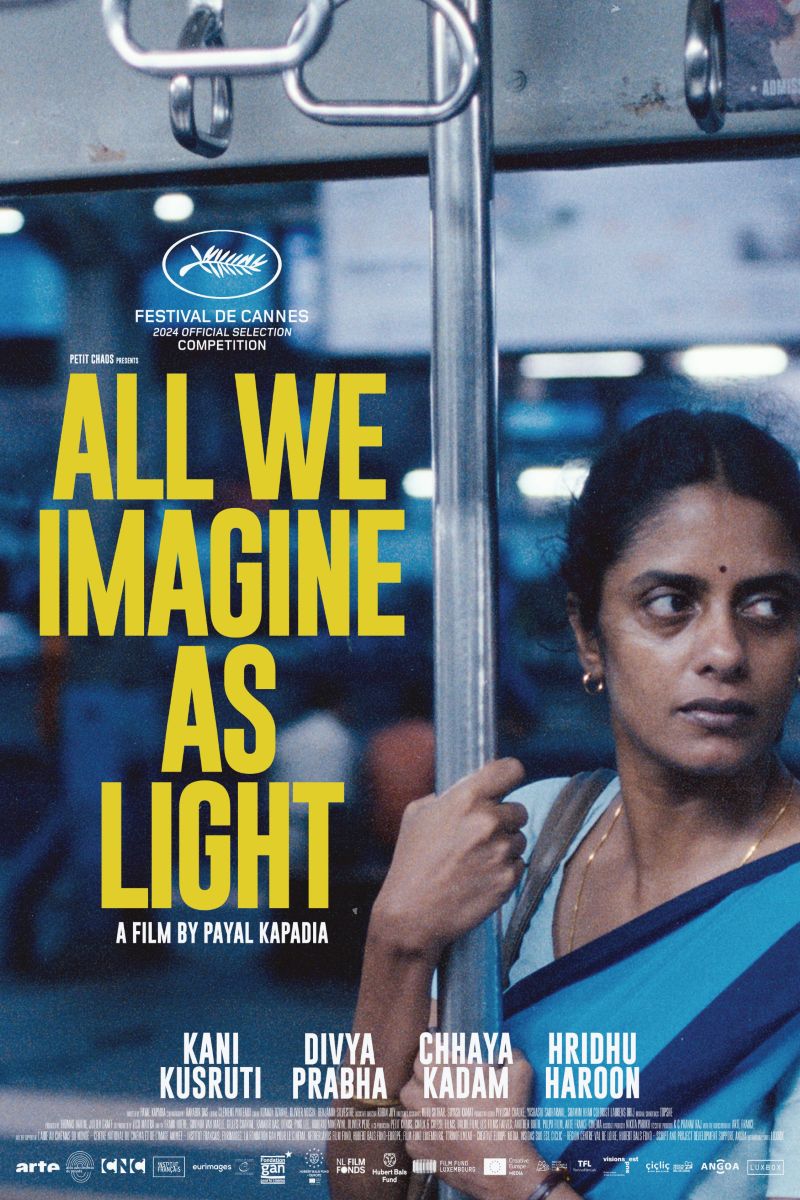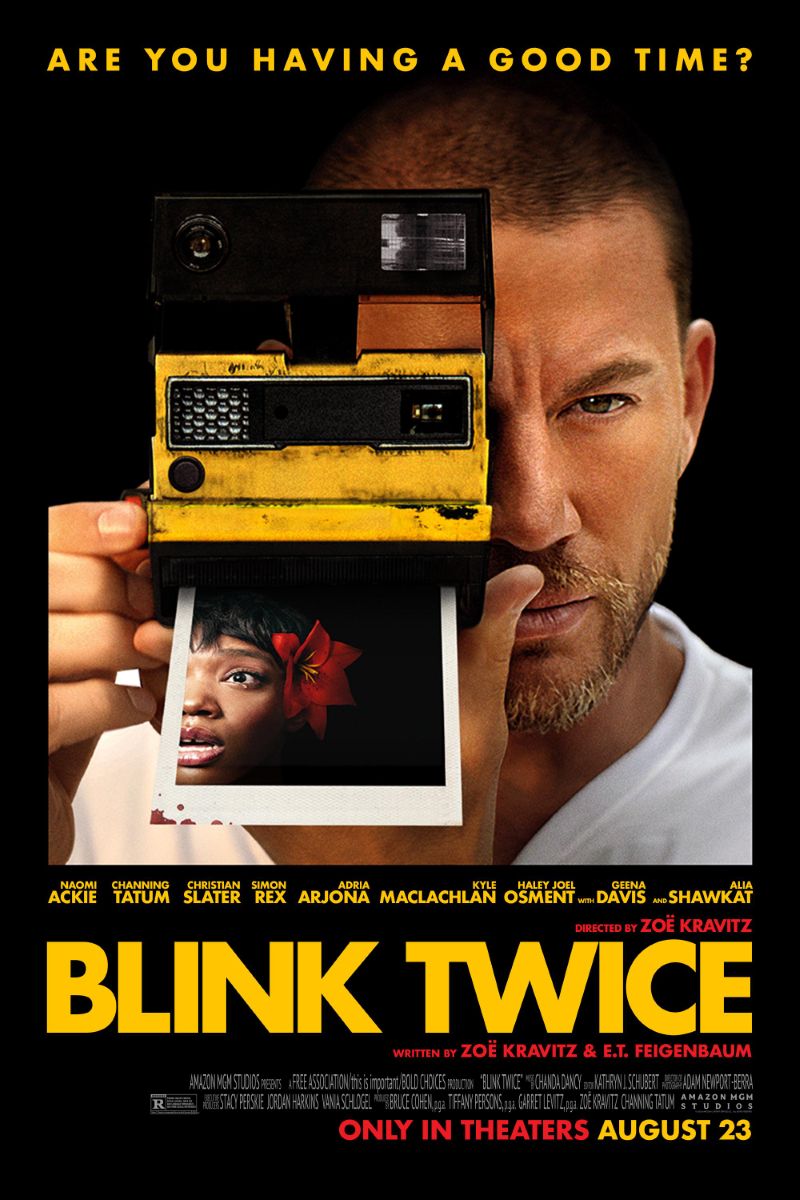
The Lost Daughter
The Lost Daughter
Adapted from Elena Ferrante's novel, tells the story of middle-aged literature professor Leda whose Greek vacation is disrupted by a young mother who triggers painful memories of her own motherhood. This psychological drama explores the contradictions of motherhood, conflicts between female self-realization and maternal expectations, and society's idealizing pressure on the mother role through complex narrative structure.
Cast
Related Topics
🎥 Film Analysis & Review
The Lost Daughter is director Maggie Gyllenhaal’s feature directorial debut, adapted from Elena Ferrante’s novel of the same name, a brave and controversial psychological drama that delves deep into the dark side and complexity of motherhood. Through middle-aged divorced literature professor Leda’s (Olivia Colman) painful memories triggered during a Greek vacation, the film presents a profound narrative about maternal contradictions, conflicts between female self-realization and societal expectations, challenging Hollywood’s traditional portrayal of mother figures.
From a motherhood critique perspective, The Lost Daughter’s most revolutionary contribution lies in its de-idealized portrayal of motherhood. The film’s core is a bold and dangerous idea: exploring how motherhood can drain women’s vitality—contrasting sharply with typical clichés about how meaningful raising children is. Leda confesses in the film: “I’m an unnatural mother.” This honesty breaks societal expectations that mothers must unconditionally love their children, revealing suppressed real emotions in maternal experience—exhaustion, anger, suffocation, and longing for freedom.
The film demonstrates motherhood’s complexity through dual timelines. Present-day Leda is a successful scholar enjoying solitary freedom; young Leda (Jessie Buckley) is trapped in the endless demands of two young daughters. This contrast shows the same woman’s different feelings about motherhood at different life stages—moments of love and tenderness, but also impulses to escape. The film refuses to simplify this contradiction into black-and-white moral judgment.
From feminist psychology perspectives, Leda’s psychological state reflects internal conflicts many women face. She both loves her daughters and fears the identity loss motherhood brings. In her youth, she chose to temporarily leave her daughters to pursue academic career, a decision causing lifelong guilt. The film shows how this guilt internalizes as self-punishment and how society exacerbates this pain through moral judgment.
The theme of female desire runs throughout the film. Leda is not only a mother; she’s a complete individual with intellectual pursuits, sexual desires, and personal dreams. Young Leda yearned for academic achievement, to be seen as a scholar rather than just a mother; middle-aged Leda still maintains desires for life and love. By showing the legitimacy of these desires, the film challenges society’s tendency to desexualize and deindividualize mothers.
From mental health perspectives, the film profoundly depicts motherhood’s impact on women’s psychological health. Young Leda’s emotional breakdown, identity crisis, and depressive states while caring for children reflect many mothers’ real experiences. The film doesn’t pathologize these emotions but presents them as normal responses to impossible tasks—society expects mothers to perfectly balance personal needs with children’s needs, which is itself an impossible requirement.
Academic feminism perspectives are embodied in Leda’s professional identity. As a literature professor studying female poets and writers, she has deep theoretical understanding of women’s experiences. However, theoretical knowledge doesn’t help her escape motherhood’s emotional dilemmas. This theory-practice disconnect reflects challenges academic feminism faces—how to transform critical thinking into actual life strategies.
From family liberation perspectives, Leda’s story questions traditional family structure’s constraints on women. Her divorce and daughters’ coming-of-age gave her belated freedom, but this freedom comes with deep scars. The film shows that even when physically freed from traditional family roles, women still bear psychological and social consequences. True liberation requires not only external condition changes but also internal self-forgiveness and societal attitude transformation.
The film’s challenge to gender norms manifests in its refusal to provide simple moral judgment. Leda is neither a monstrous mother nor a saint; she’s contradictory, complex, human. Gyllenhaal has said: “There’s a whole tradition of films about madwomen… This film isn’t that. This film is about challenging audiences to see if, as rational people, we can empathize with her.” This approach demands audiences transcend binary perceptions of mothers.
From cultural critique perspectives, the film exposes how society controls women by idealizing motherhood. Young mother Nina (Dakota Johnson) on the beach represents another generation facing the same predicament. Her struggles mirror young Leda’s, suggesting this pain’s intergenerational transmission. The film critiques not individual mothers’ failures but social structures creating this sense of failure.
The film’s visual language reinforces its psychological depth. Tense close-ups capture subtle emotional changes on Leda’s face, showing external traces of inner storms. Greece’s bright sunshine and beautiful beaches contrast with Leda’s inner darkness, suggesting deep turbulence hidden beneath surface tranquility.
From intergenerational relationship perspectives, Leda’s estranged relationship with her adult daughters reflects early trauma’s long-term effects. Their phone communications are filled with unspoken resentment and cautious distance. This relationship shows lasting consequences of maternal “failure” while questioning what constitutes “successful” motherhood.
The film’s treatment of female solidarity and competition has complexity. Leda feels both sympathy and jealousy toward young mother Nina, wanting both to help and harm her. These contradictory emotions reflect women’s relationship complexity, especially when struggling under the same social pressures. The film avoids simple female solidarity narratives, showing more realistic human complexity.
Gyllenhaal’s perspective as a female director infuses the film with unique authenticity. She has said: “I was tired of only being able to see 70% of what I wanted to express in movies or TV shows.” By completely controlling the narrative, she could present motherhood experience’s full complexity, including parts usually considered unacceptable or unspeakable.
The film’s symbolic use of dolls carries profound meaning. The doll Leda steals represents both childhood innocence and motherhood’s burden. Her obsession with the doll reflects unresolved conflicts with her maternal identity. The doll’s eventual return accompanied by violence suggests reconciliation’s impossibility.
From female creation perspectives, the film adapted from Ferrante’s novel, directed by Gyllenhaal, with main roles played by Colman and Buckley, forms a female creative chain. This multi-layered presentation of female voices ensures story authenticity and depth, avoiding male gaze simplification of female experience.
The film’s ending refuses to provide redemption or solutions. Leda’s ambiguous ending after being stabbed suggests there’s no simple healing for damage caused and endured. This open ending invites audiences to continue thinking about motherhood’s complexity rather than seeking simple answers.
Ultimately, The Lost Daughter’s value lies in its brave entry into a rarely explored territory—motherhood’s dark side. By showing an “unnatural” mother’s story, the film provides recognition and understanding for all women struggling with motherhood. It reminds us that the perfect mother myth is an oppressive social construct, and real maternal experience is far more complex, contradictory, and challenging than society is willing to admit. In a world that still idealizes motherhood, this honest portrayal carries profound political and liberating significance.
🏆 Awards & Recognition
- • Venice Film Festival Best Screenplay Award
- • Academy Award Best Actress Nomination (Olivia Colman)
- • Academy Award Best Supporting Actress Nomination (Jessie Buckley)
- • Academy Award Best Adapted Screenplay Nomination
⭐ Ratings & Links
Related Recommendations
Comments & Discussion
Discuss this video with other viewers
Join the Discussion
Discuss this video with other viewers
Loading comments...



